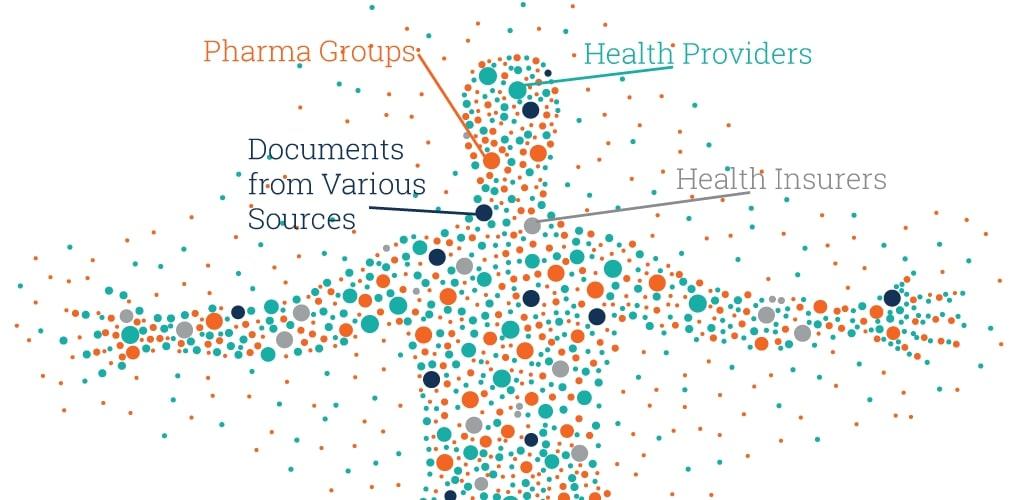 In 2020, few things went well and saw growth. Artificial intelligence was one of them, and healthcare was another one. As noted by ZDNet’s own Joe McKendrick recently, artificial intelligence remained on a steady course of growth and further exploration — perhaps because of the Covid-19 crisis. Healthcare was a big area for AI investment.
In 2020, few things went well and saw growth. Artificial intelligence was one of them, and healthcare was another one. As noted by ZDNet’s own Joe McKendrick recently, artificial intelligence remained on a steady course of growth and further exploration — perhaps because of the Covid-19 crisis. Healthcare was a big area for AI investment.
Today, the results of a new survey focusing precisely on the adoption of AI in healthcare are being unveiled. ZDNet caught up with Gradient Flow Principal Ben Lorica, and John Snow Labs CTO David Talby, to discuss findings and the state of AI in healthcare.
Leapfrogging — from pen and paper to AI
The survey was conducted by Lorica and Paco Nathan, and sponsored by John Snow Labs. A total of 373 respondents from 49 countries participated. A quarter of respondents (27%) held Technical Leadership roles. Here are some key findings, with additional insights from Lorica and Talby.
When asked what technologies they plan to have in place by the end of 2021, almost half of respondents cited data integration. About one-third cited natural language processing (NLP) and business intelligence (BI) among the technologies they are currently using or plan to use by the end of the year.
To us, this seemed a bit puzzling. As we’ve repeatedly noted, data integration is a prerequisite for analytics, machine learning and AI. Could it be that only half the organizations in healthcare have solved data integration, and yet they plan to embark on NLP and machine learning efforts?
Lorica noted that this should perhaps be seen more in ordinal rather than in a numerical way. In other words, respondents may have ranked technologies in order of importance for them. In that sense, he went on to add, it makes sense that data integration comes on top. And it also makes sense that NLP comes in second, as Talby went on to show.
























